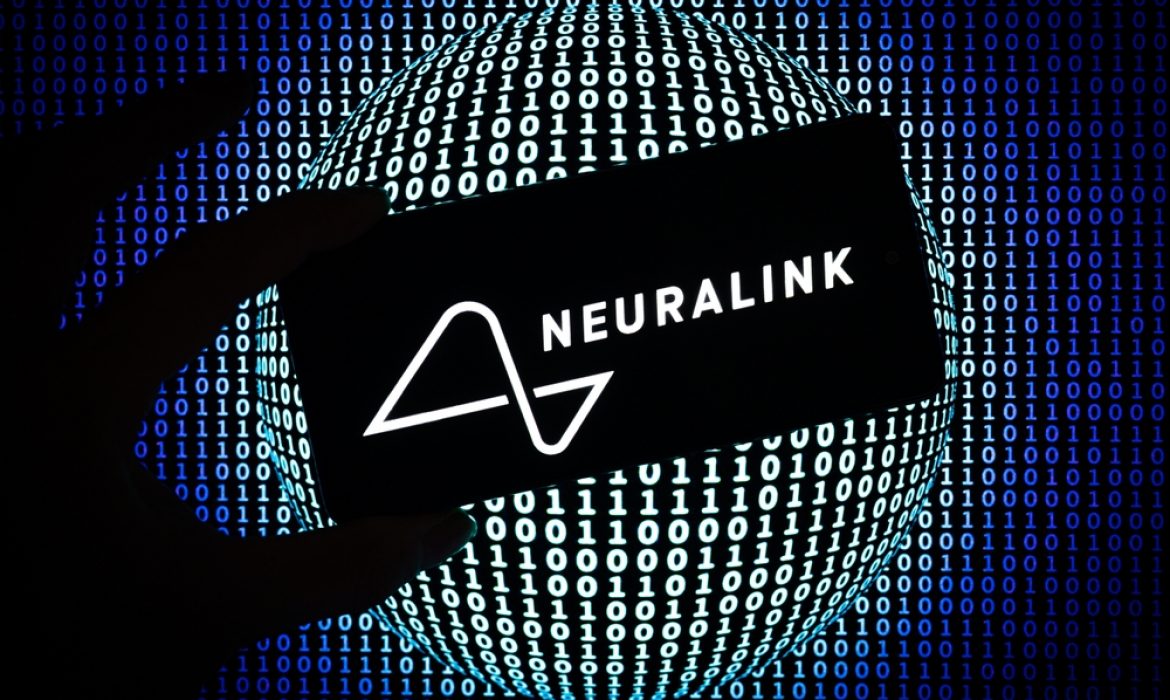In a groundbreaking move, the US Food and Drug Administration (FDA) has given the nod for Neuralink, Elon Musk’s brainchild, to embark on human trials of its revolutionary brain-computer interface (BCI). This decision comes amid ongoing investigations into allegations of violations of the Animal Welfare Act, making it a contentious milestone for the tech venture.
Founded in 2016, Neuralink aims to transform medical and therapeutic landscapes by commercializing its proprietary BCI. This technology, involving the implantation of thin electrodes to translate analog brain impulses into digital signals, holds immense potential. Applications range from stroke rehabilitation to reprogramming memories, marking a paradigm shift in medical science.
However, Neuralink’s journey has been marred by challenges. The FDA initially rejected Musk’s application due to animal deaths during BCI prototype implantations and concerns about the device’s potential risks during human implantation. Internal documents revealed over 1,500 animal casualties in the Neuralink BCI’s development, prompting an investigation by the US Department of Agriculture’s inspector general.
Despite these hurdles, the FDA’s recent approval signifies a significant leap. While concerns about the interface design and safety remain,
Neuralink’s green light represents an important step toward enhancing human potential. As the company prepares for clinical trials, the world watches, balancing excitement for scientific progress with ethical scrutiny, marking the beginning of a new chapter in the realm of human-machine integration.
